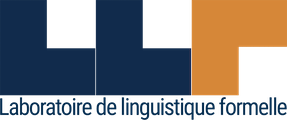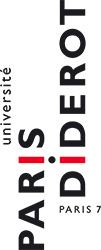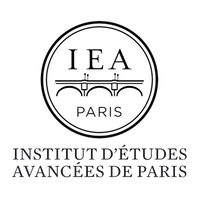 In recent years, many approaches have been developed to represent the content and context of utterances in dialogue. These include logic-based approaches (e.g., inquisitive semantics and Inferential erotetic logic frameworks), discourse-based approaches (e.g., the framework of the segmented discourse representation theory (SDRT) ), linguistic dialogue frameworks (including the KoS and PTT frameworks), approaches based on probability theory (Bayesian semantics) and game theory, and on neural networks (Deep Learning).
In recent years, many approaches have been developed to represent the content and context of utterances in dialogue. These include logic-based approaches (e.g., inquisitive semantics and Inferential erotetic logic frameworks), discourse-based approaches (e.g., the framework of the segmented discourse representation theory (SDRT) ), linguistic dialogue frameworks (including the KoS and PTT frameworks), approaches based on probability theory (Bayesian semantics) and game theory, and on neural networks (Deep Learning).
The aim of this workshop is to explore what criteria can be used to choose between or more interestingly to integrate these approaches. These include psycholinguistic plausibility, linguistic coverage, computer implementation, logical transparency and the possibility of using the framework to represent non-linguistic media with content such as gesture, music, and visual media.
The workshop also constitutes the closing event of the ANR-DFG project Disfluencies, Exclamations, and Laughter in Dialogue (DUEL). Several talks will discuss the main results of the project and prospects raised.
The workshop is funded by the Institut Universitaire de France project Integrating Verbal and Non-Verbal Meaning (PI: Jonathan Ginzburg)
The workshop is hosted by the Institut d’études avancées de Paris in the Hôtel de Lauzun, a historic 17th century building.
Organising committee
Jonathan Ginzburg, Eimear Maguire, Chiara Mazzocconi, Vladislav Maraev, Ye Tian, Léo Zaradzki



